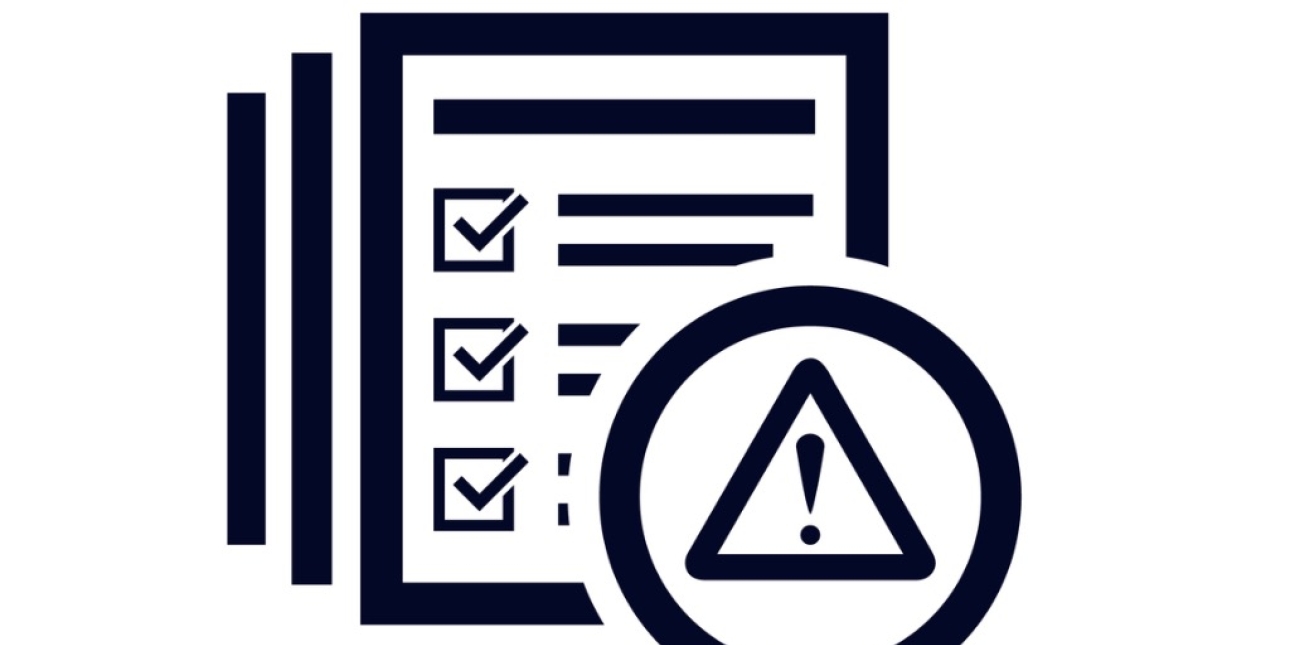Is crisis communication important?
It shouldn't even be a question, yet worryingly many organisations are no better prepared than they were pre-pandemic
We are living in a world of chaos and challenge. People have less trust in those in positions of power and authority. There are echo chambers on social media which is also helping to share fake news and allows people to operate with anonymity. The media are fighting to remain relevant to the fast pace of sharing information using technology. People run with their cameras towards disaster to film rather than running away. So, with all this do we really need to think about crisis communication or are we all doing it on a daily basis?
It is an interesting question particularly as I spend my whole day working with organisations to ensure they are prepared and ready to respond to any problem that occurs. After the Covid-19 pandemic I had hoped that many organisations would learn and develop, ensuring their plans were in place and that they could move quickly for any future crises. In many cases this doesn’t appear to have happened. Many reports this week have said we are no better prepared for a future pandemic than we were in 2019.
Are you crisis ready?
Being crisis ready is incredibly important. We are all seeing how easily organisations can slip into a crisis and how damaging a poor response can be. Not having the right plans in place, and failing to have tested them, will be heavily criticised by a public with high expectations of all organisations and businesses.
PR and communication teams are really stretched in most organisations but this should not mean we neglect to develop or review the crisis communication approach, plans, policies and procedures. These plans now have to give us delegated authority to be able to respond immediately a crisis occurs, need to outline how social media will be addressed, and have to consider the response to misinformation and disinformation. An unbelievable statistic is that there is a 130% increase in artificial intelligence (AI) generated disinformation on X (formerly Twitter) and this is ahead of elections in the UK and US. There is also the issue of AI and how it is used and how the risks are considered.
Think ethically
There are many risks we are all facing from extreme weather events and cyber incidents through to the threats from internal staff behaviour the culture within organisations. Recognising the crisis, responding effectively and building a strong recovery are within our grasp. But so are tactics such as cover up, confusion and gaslighting. Now is the time for PR and communication to take a strong ethical position on how crises are managed.
When we are living in a world of crisis and challenge I think it is even more important to take some time to consider your position and whether you really are crisis ready. As that crisis could be waiting just around the corner.
Amanda Coleman is a crisis communication expert and consultant, founder of Amanda Coleman Communication and the author of Crisis Communication Strategies. Read the original post.
.jpg&w=728&h=90&maxW=&maxH=&zc=1)
